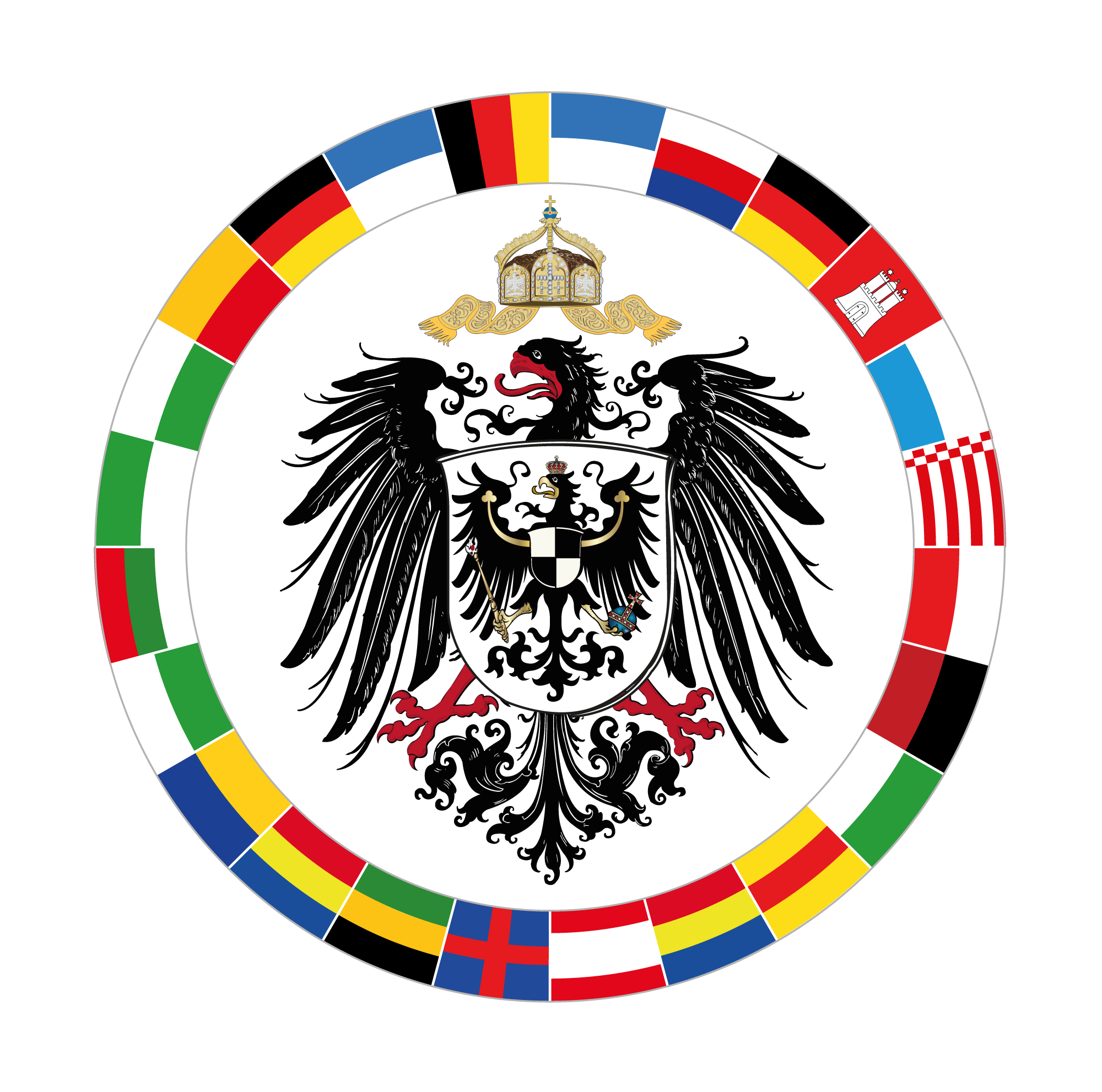PASSAGES FOR TRANSLATION INTO GERMAN 187
services of his royal brother by bestowing upon him the
ordre pꝓporir le méêrile. Soon there appeared sresh storm-
clouds in the political sky of Prussia. Austria's attitude
became more and more hostile, and Frederick William
IV. felt compelled to prepare for war. However, just
when the Prince of Prussia was going to take over the
command-in-chief, the news arrivred that Austria had made
an alliance with Russia. The consequence of this was
that Prussia disarmed and accepted Austria's demands.
Prince W’uliam felt this humiliation of his country deepl)y,
and returned to Koblenz deeply disappointed. 4 fe Fyears
later the king’s state of health made it necessary that he
should enjor complete rest for some time. On Cctober
26, 18°8, therefore, the Prince of Prussia undertock the
regency, and on the death of Frederick William IV. on
the following 2nd of Januarr, he ascended the thronc as
King William I, He was then nearly sixty-four years old.
On October 183 of the same Fear the coronation tock placc
at Königsberg. He at once tock in hand the reform of
the army, and called the Prussian Ambassador at the Court
#of France, Otto von Bismarck, to the ministry. Bismarck
shared the king'’s view that Prussia and not Austria must
lead Germany. In 1864 Prussia and Austria declared
war against Denmark to liberate Schleswig-Holstein from
Danish oppression. The storming of the Düppeler
Schanzen" on April 18 decided this war, and Denmark
ceded Schleswig - Holstein. The new prorinces were
governed by the two victorious powers in concert, but it
could be foreseen that the dual possession sooner or later
would lead to new complications.
VI (pp. 32—47)
In 1866 war broke out between Prussia and Austria.
King William and the chief of the general staff, von
Moltke, had worked out the plan of campaign. Hanorer,
Saxony, Hesse, Bavaria, and Württemberg joined Austria.
Three Prussian armies advanced against Bohemia. The




